Digital 4 Africa delivers exceptional web design, data analytics, and AI services & training from Nairobi. We build impactful websites for industry leaders like Nation Media Group, Naivas, Bamburi Cement, Kenya National Bureau of Statistics, and ALN. With over 10,000 clients supported, we now empower businesses and individuals to master AI through targeted training, AI automation services and much more. How can we help?
Your AI Services, Web Design, and Data Analytics Partner
Be found online, unlock insights, and harness AI
2-Day Hands-On AI Training Course
Practical, Beginner-Friendly AI Training for Professionals, Executives & Entrepreneurs — No Coding Required
Unlock the power of AI in business with our 2-day hands-on training. Learn artificial intelligence from scratch. No coding needed. Go beyond ChatGPT and explore real-world AI tools for automation, decision-making, and efficiency. Ideal for executives, entrepreneurs, and professionals seeking AI certification and practical skills to drive business transformation.

Who We've Served
Clients Served By Digital 4 Africa
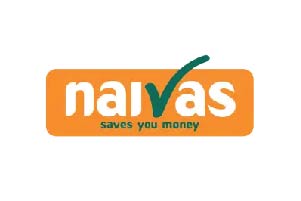

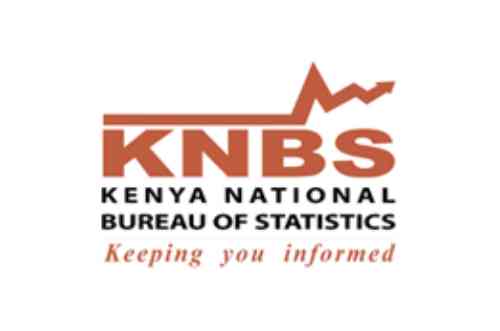

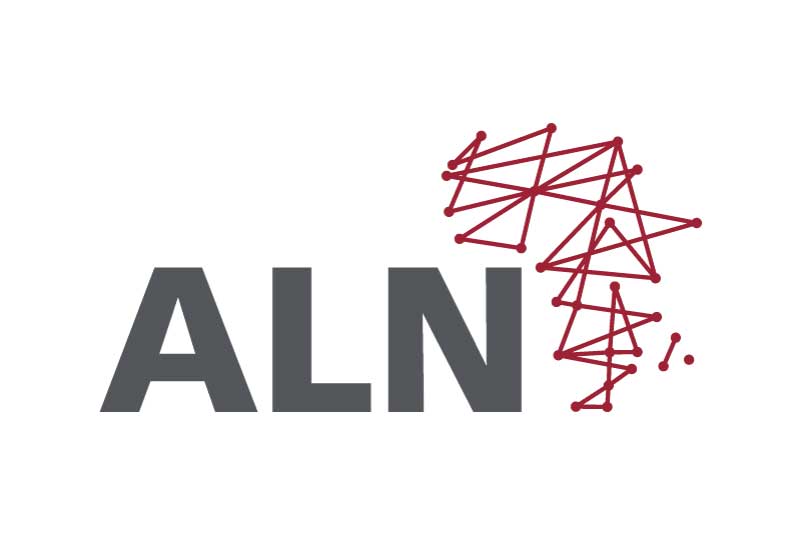

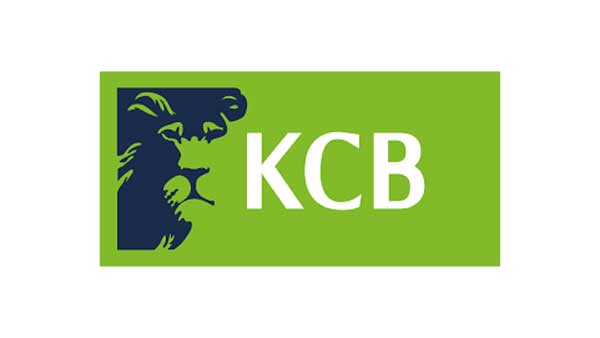
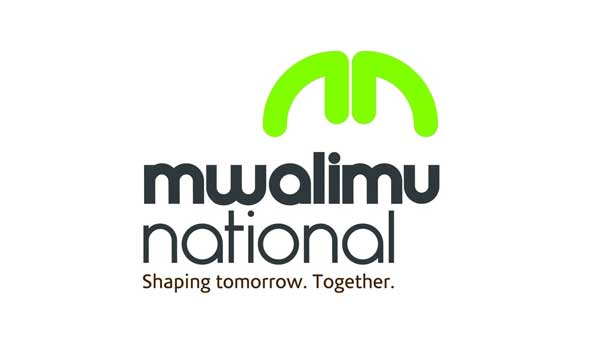

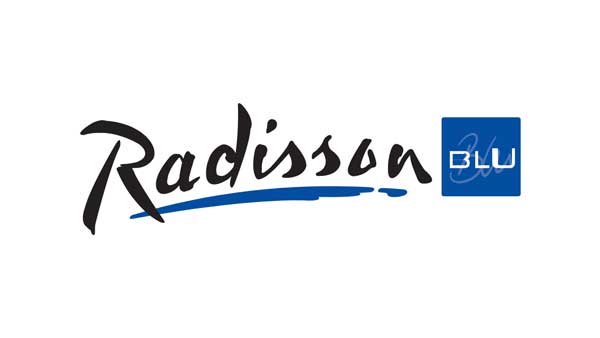
At Digital 4 Africa, we’ve partnered with leading brands to solve complex challenges. From web design and digital marketing to AI integration, we turn problems into practical solutions that drive growth. Click below to view our clients.

What sets our web design and data analytics services apart?
Work With The Best Web Design Company in Kenya
Imagine Your Website Becoming A Business-Generating Machine

We are committed to designing a website that ranks top on search engines and becomes a source of new leads and conversions. Our approach involves web design and data analytics to create an engaging and user-friendly website that drives results. We shall train your team with web management skills to make changes whenever any time. Let’s talk about your website goals.
Top Websites in Kenya We've Built


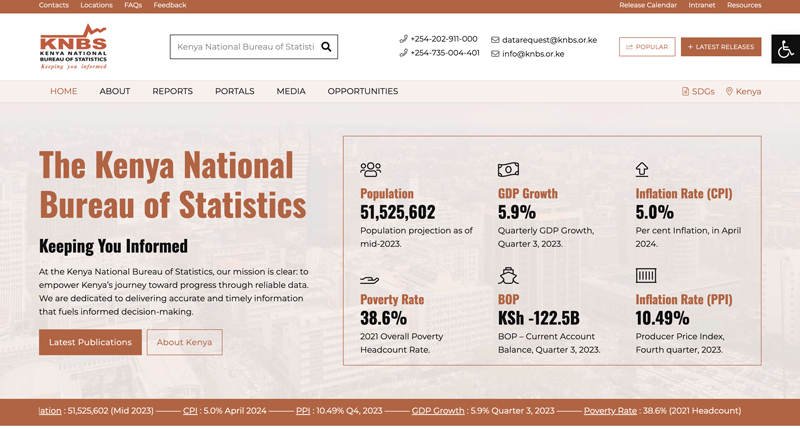






Short & Punchy Digital Marketing Course With Free Mentorship
Get the latest digital skills to help your business thrive. We offer training for corporates, SMEs and individuals
Our digital marketing and sales training short courses are among the top-rated in Nairobi by experts from various fields. Read our Google reviews and find out what people are saying.

Web Design Training By The Pros
Hands down the best WordPress web design course in Nairobi
Modern-day businesses can’t survive without a website that leverages web design and data analytics. Websites have morphed from just being online resources with contacts to being business-generating machines. A well-designed website that incorporates web design and data analytics can help a company distinguish itself. Being a good web designer proficient in web design and data analytics can also help you stand out in the marketplace. Today’s most successful companies have a well-functioning website that generates leads and sales, utilizing web design and data analytics. Let’s show you how to create such sites by mastering web design and data analytics.
Nairobi's Best Sales Training Short Course
Learn to close deals confidently and leverage digital tools for success

Data Analytics Services
Get better insights, learn from trends and explore new frontiers with the best data analytics company in Kenya
In an era where information reigns supreme, Digital 4 Africa stands as a beacon for those seeking unparalleled insights through cutting-edge data analytics services and web design that leverages data analytics. Whether you’re a startup aiming to harness the power of predictive analytics or an established enterprise seeking to optimize operations, our comprehensive suite of services, including web design and data analytics, caters to diverse needs.

Case Studies
In Strategy, Tool Deployment & Web Design
Our business from time to time exposes us to unique problems that organizations face. For instance, one of our clients, Muthaiga Country Club wasn’t looking to attract new members. They were focused on making current members utilize the club’s facilities more. What strategy would fit such a scenario? In cases like these, our expertise in web design and data analytics can be invaluable.
Our approach has always looked at what your organization’s goals are before we embark on recommending a solution. For instance, when someone says they need a new website, their goal could be smoothening their e-commerce logistics with new technology. Such cases is where we bring our magic with web design and data analytics to create tailored solutions.
Naivas Supermarket: Naivas Supermarket is the largest supermarket chain in Kenya with over 100 stores countrywide. As part of their e-commerce strategy, Naivas sought to redesign its E-Commerce platform. Digital 4 Africa helped redesign the new e-commerce experience.
Nation Media Group: NMG consulted with Digital 4 Africa to offer several high-level trainings focused on strategy and growth.
Mwalimu SACCO: Digital 4 Africa offered high-level training to the Mwalimu SACCO board members. The trainings were specific to taking advantage of the enormous amount of data the organization had and what decisions the board can make to steer the organization in the right direction.
HACO Industries: Digital 4 Africa built a total of seven websites for all brands managed by HACO and conducted a 360 degrees campaign to introduce the Palmers brand to the Kenyan market.
Book a consultation with us with our experts in web design and data analytics
A constant question businesses ask themselves is how they can become better. In retrospect, this question could have multiple answers. But we could simplify the answer to two things: How can your customer experience be better and how can your employee experience be better? All answers will revolve around the customer or around internal company processes. Better sales and business growth are the results of answering these two questions. In our consultation sessions, we analyze what challenges your business has and we advise on possible solutions that can propel your business forward, leveraging our expertise in web design and data analytics.

View All Our Services
Our primary services are web design and data analytics with and emphasis on offering data-driven strategy development and execution for business growth. We also offer a multitude of training services in strategy, sales, operations, marketing and effective use of digital tools. View the full list of our services by clicking on the button.
Make an Enquiry
Do you have any questions about any of our services? Reach out.
Do you have any questions about any of our services? Reach out. We’re available on call, chat and email from Monday to Friday between 9:00 am and 5:00 pm. You can also reach out to us via email. Expect feedback within two business hours. We’re usually closed on weekends, Sundays and public holidays.

